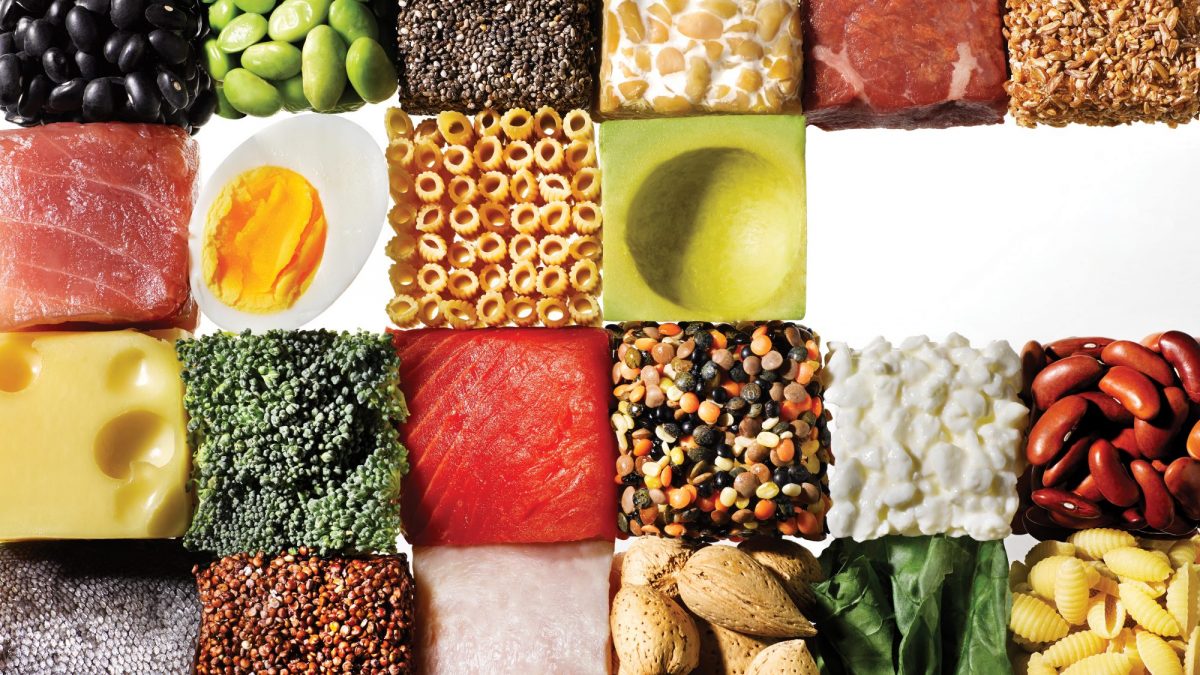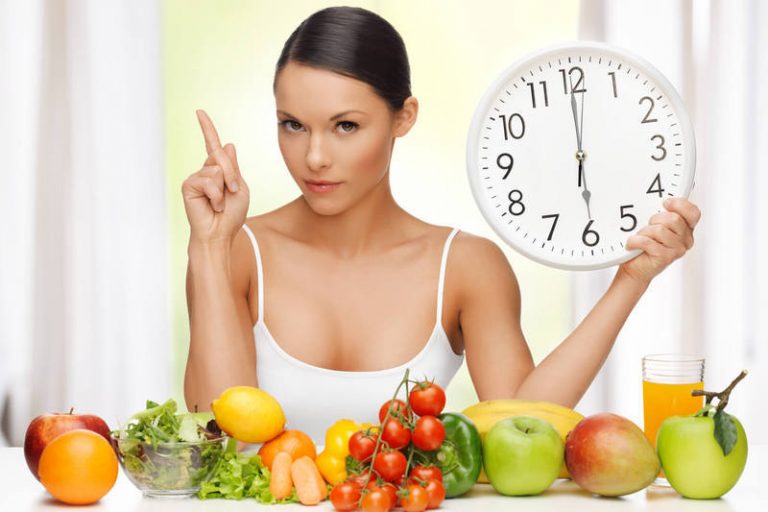
The diet of a vegetarian athlete can also be balanced
In recent years, many people have changed the type of diet for better health . One of the main changes has been the move to the vegetarian type diet. Among those who follow this type of diet, we find both inactive people and athletes or people who are physically very active; Martina Navratilova, Carl Lewis, Dave Scott, Rose Murray , all of them, among many others, have followed a vegetarian diet in their active stage.

A person who follows a strict vegetarian diet is characterized by excluding all meats and animal products from their diet, thus obtaining most of the nutrients from fruits, vegetables, pasta or cereals, legumes, nuts and seeds. In addition to these people, we find others who follow a vegetarian diet including some other product in their diet, among which we find:
- Ovo-vegetarian, include eggs in your diet.
- Lacto-vegetarian, includes dairy products (milk, cheese, yogurt, curd, custard, flan, etc.)
- Ovo-lacto-vegetarian, includes dairy products and eggs.
- Semi-vegetarian, occasionally includes white meat (chicken, rabbit, turkey) and fish.
Today, there are still health professionals who describe the vegetarian diet as deficient and unsustainable, trying to convince their patients of the need to abandon it and include foods of animal origin , despite the fact that the American Dietetic Association pointed out in 2009 that well-designed and planned vegetarian dietary models are capable of providing all the necessary nutrients and in adequate amounts for the general population, for those who seek the possible therapeutic effects of diet, as well as for the practice and success of all kinds of sports. But they can lead to deficiencies if not programmed properly or under the advice of a dietitian-nutritionist. If the food is not selected properly, the vegetarian can suffer nutritional deficiencies regarding caloric intake, vitamins, minerals and proteins.
We are going to point out a series of guidelines that must be kept in mind to avoid suffering from these nutritional deficiencies :
| Calories | There may be a caloric deficit in sports people, so we must know that we can enrich dishes with nuts (almonds, pumpkin seeds, pistachios, etc.) or dehydrated fruit (dried apricots, raisins, dates, etc.), we can also take them as an aperitif or in snacks. |
| Vitamins | Strict vegetarians can suffer from vitamin B12 deficiency . Unless they consume fermented soy products (“tempeh”, “miso” or “tamari”) daily, supplements of this mineral would be needed and even so in athletes it would be difficult to meet the needs of this vitamin. On the other hand, vegetarians who are not exposed to sunlight, would need to supplement in vitamin D . |
| Minerals | Strict vegetarians may be deficient in zinc , iron , or calcium. Therefore, foods rich in these minerals should be added: plant foods rich in zinc , such as whole wheat bread, peas, corn or carrots should be taken apart from foods rich in iron, since that hinder its absorption; foods rich in iron , such as dried fruits, whole grains, nuts, green leafy vegetables, seeds and legumes, to promote iron absorption we can add food to each meal with vitamin C (lemon, orange, kiwi, red pepper, etc.), mix them with fermented soy sauces, increase the intake of fermented bean sprouts, and do not eat foods rich in iron along with calcium; foods rich in calcium , such as nuts or seeds, can be consumed between meals. |
| Proteins | Regarding the protein intake, strict vegetarians will need a much higher volume of intake from foods that provide large amounts of protein of plant origin (legumes), In addition, to get a quality protein, legumes should be mixed with cereals (such as a plate of lentils with rice).
In people who follow an ovo-lacto-vegetarian diet, this problem is not observed due to the protein contribution from dairy products and eggs. |
